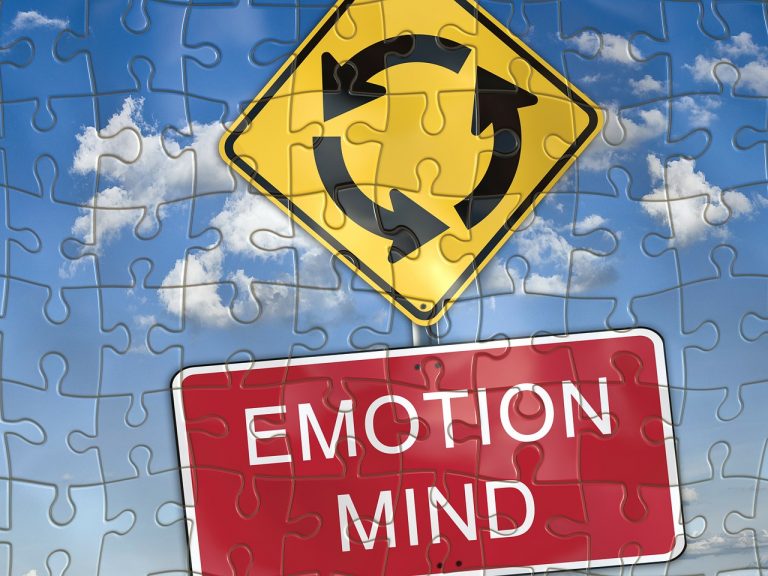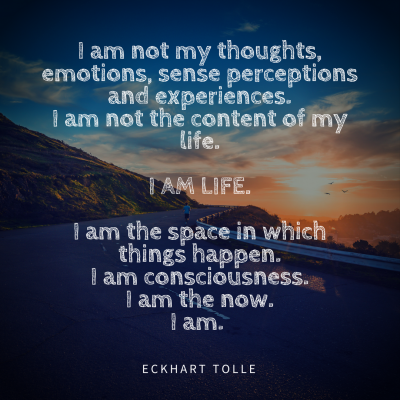Accepting Yourself Through ACT
Team Strong 365

The ABCs of ACT
Acceptance and Commitment Therapy (ACT) is a form of cognitive-behavioral therapy, which means it helps people by improving their thoughts, feelings, and behaviors. Basically, ACT’s approach is to improve one’s relationship with their thoughts.
Though that might sound weird, if you think about it, many of us are not kind to ourselves and may even be resentful of our critical thoughts. For individuals suffering from psychosis, this may also mean improving their relationship with their hallucinatory voice, which might be harsh or critical. Though I am not a licensed ACT therapist (or a therapist at all for that matter), learning about ACT encouraged me to be more redemptive in my thinking. I would like to share some of these concepts in the hope that it may help you to love and accept your thoughts.
ACT theory posits that our psychological suffering is caused primarily by two problems:
(1) we get too caught up in our thoughts/voices and
(2) we try to escape or suppress unwanted thoughts/feelings/voices.
By giving too much power to the things our mind tells us, we can sometimes avoid living life in the here and now. While avoiding this pitfall maybe easier said than done, the following exercises may help you avoid focusing on your unhealthy thoughts:

1. Practice mindfulness
By being aware of the present moment, we invite curiosity about what is going on around us. Notice the color of your surroundings, background noise, how your chair feels. Here are some mindfulness tips:
Try not to be judgmental of your thoughts or frustrated if your mind wanders. While thoughts can slow with practice, there is no such thing as an entirely quiet mind. Observing the mind’s fluctuations is a practice in and of itself.
Try playing around with different positions. You can lie down, sit on the floor, relax into a yoga pose such as
or
, or even go for a walk in nature.
For a guided meditation, you may want to try the
app.
2. Brainstorm a list of your values
What are the things you hold most dear in life? This may be family, friends, pets, hobbies, or anything else you enjoy.
Next, make a list of what is stopping you from pursuing those things in everyday life. What practical steps can you take to chase these values? For some of us, it may be as simple as leaving our house at least once a day or calling up an old friend once a week.
3. Practice being kind to yourself and accepting your current situation
Sometimes this may mean realizing that pain and other uncomfortable emotions are part of the human experience. Feeling pain or disappointment isn’t inherently bad, nor is it permanent. Sometimes in order to reach acceptance, contentedness and joy we have to release expectations of how we should feel. By allowing ourselves to feel pain, we can rid ourselves of the guilt and confusion that often comes with pushing away uncomfortable feelings. Therapy is a great place to express and work through difficult feelings. And as friends and loved ones, we can also hold non-judgemental space for others to express and feel pain.

Ultimately, ACT would like us to believe that we are not our thoughts. We are, in fact, so much more!
ACT is used in a wide variety of therapy settings, including, but not limited to early psychosis treatment programs. If you would like to explore these concepts further, you can search for an ACT therapist at psychologytoday.com.

Caroline Roemer is a student of the Early Intervention in Psychosis master’s program at King’s College London. She is passionate about promoting healthy minds. Caroline is working toward a career in mental illness prevention and early intervention, but believes that no matter where someone is at, they have the capacity to live a meaningful and joyful life.
Feature photo: MartinaK15
The strength to persist and thrive through mental health struggles exists in all of us. 🫶🏽
Join our Strong365 Community on Instagram, Facebook, and Twitter to keep the conversation going. Or, learn how you can get involved to support us on our mission for mental health.
